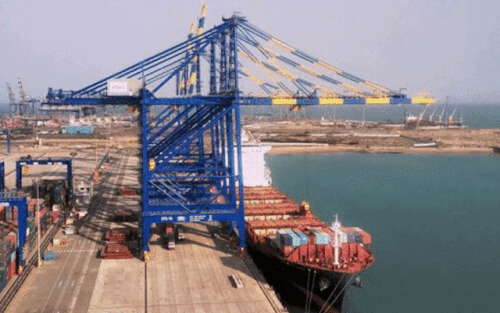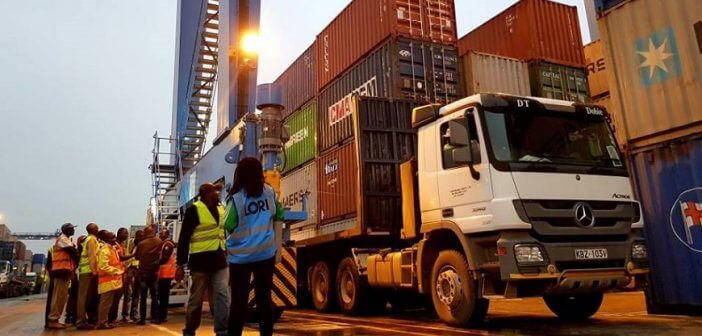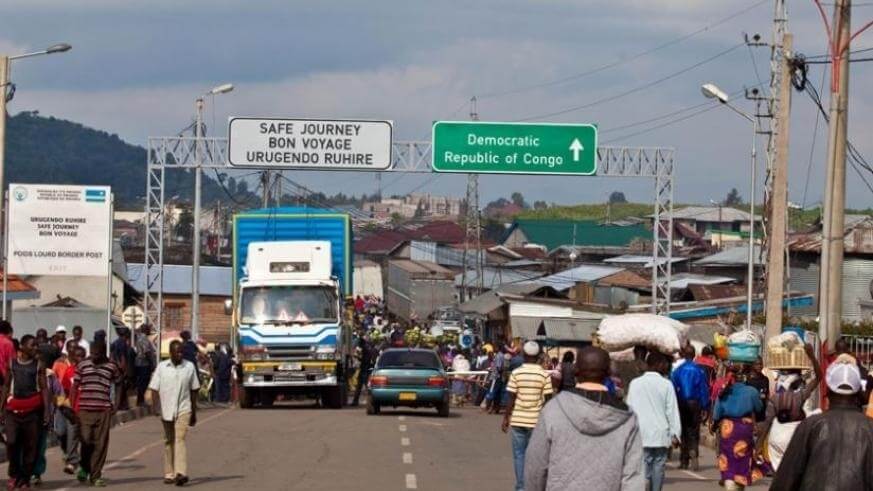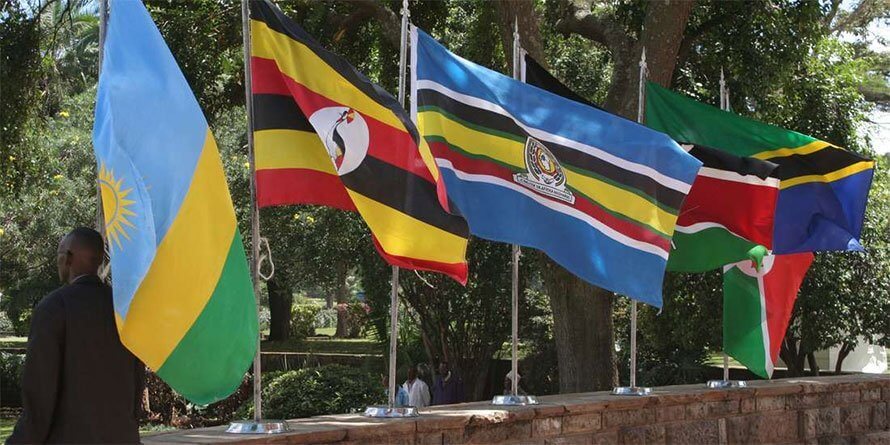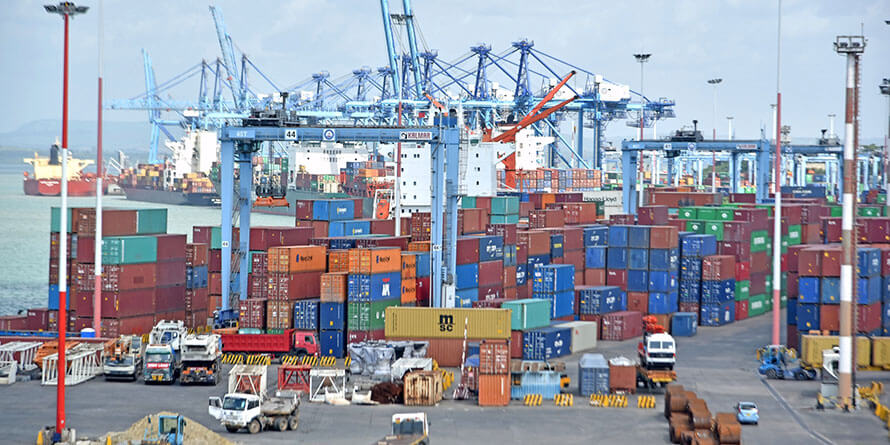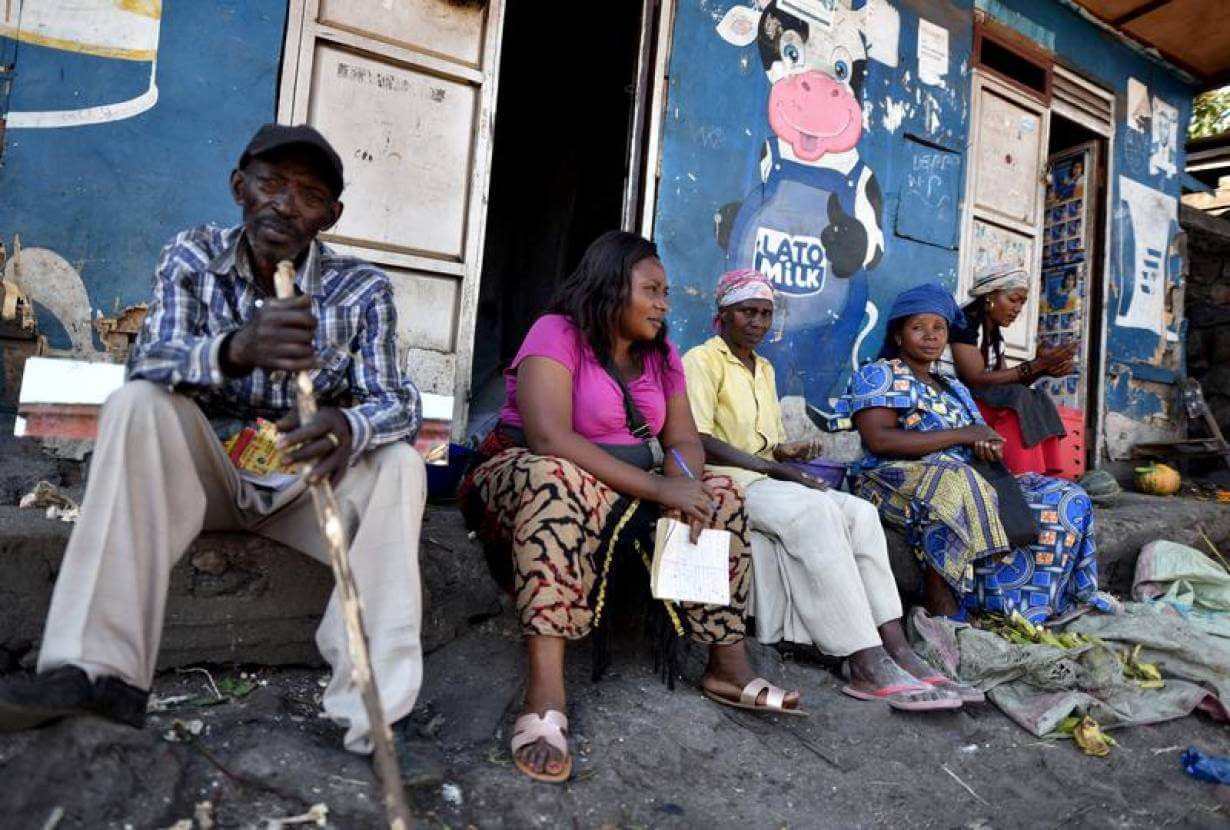The new facility will provide another connection between Ethiopia and global markets, and a transshipment hub where large container ships can offload their freight to feeder ships able to negotiate the Horn of Africa's shallow ports. The recent announcement by the Port Berbera in Somaliland of major progress has opened up a new competition for the Lamu port as the two facilities target Ethiopia as their main transit market. Lamu port has already completed its first three berths, waiting commissioning while Berbera port has announced finishing the construction of 400 metres quay and a 250,000-square-metre extension. There has been an ongoing initiative to open up another corridor for Ethiopia- the Berbera Corridor Project that is set to connect the country to Somaliland. In a strange turn of events, with the Arab Gulf States growing interests in the Horn of Africa region, due to geopolitical and strategic consideration, in May 2016, DP World, a global mega port operator agreed to develop Berbera port and manage the facility for 30 years. The groundbreaking ceremony was held early last year, by the Somaliland president, who said the investment would “bring economic stability and create employment opportunities for our youth”. According to authorities, it was expected that the project would increase trade volumes with Ethiopia by 30% when it is completed fully in early 2022. Port Berbera is now the closest sea route to Ethiopia, a journey of 11 hours. The expansion will give the port capacity to handle up to 500,000 containers yearly....
Lamu and Somaliland’s Berbera port eye Ethiopian cargo as they announce significant progress.
Posted on: August 24, 2020
Posted on: August 24, 2020

